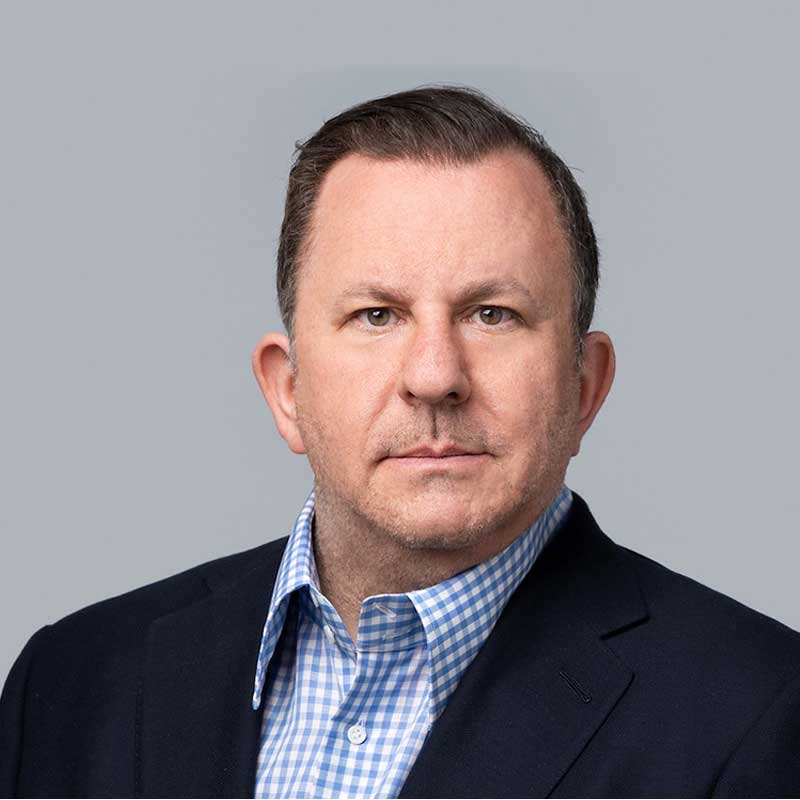Videos,
ADVI Health’s CEO and president, Marc Samuels, JD, MPH, spoke and moderated at an executive leadership roundtable for the Association for Value-Based Cancer Care Annual Summit in New York City, NY on October 16.
The panel was represented by notable leaders from biotech companies like Daiichi Sankyo, Bristol Myers Squibb, Scorpion Therapeutics, and AstraZeneca, all representing market access, communications, brand, and R&D functions. These experts were able to provide insight into the uncertainty and volatility in the sector given the policy positions of both presidential candidates, innovators in trial design and development through the use of artificial intelligence, the level of activity happening at the state level, and the ongoing evolution in the cancer care landscape.
Hear Marc’s key takeaways below.
At AVBCC, Marc spoke and moderated an executive leadership roundtable alongside notable leaders from biotech companies that represent market access, communications, brand, and R&D functions. He shares his key takeaways from the panel discussion.

CEO and President
Marc leads ADVI Health’s focus on bringing data and experience driven strategic guidance and tools to the complete healthcare ecosystem – from life sciences and digital health, to managed services, providers, and key trade, patient and provider associations. He has spent 10 years in the public healthcare sector including in Texas state and the U.S. federal governments, including advising both former President George Herbert Walker Bush and then-Texas Governor George W. Bush on healthcare policy issues in the White House Council on Competitiveness, the White House Office of Policy Development, the Texas Health and Human Services Commission, and Governor’s Office of Policy, respectively.
Marc Samuels: Last week, I had the great fortune of speaking and moderating at an executive leadership roundtable for the Association for Value-Based Cancer Care in New York. The panel included a number of notable leaders from biotech companies like Daiichi Sankyo, Bristol Myers Squibb, Scorpion Therapeutics, and AstraZeneca, all representing market access, communications, brand, and R&D functions.
The main insights we gleaned from the panel were, first, that there’s a great deal of uncertainty and volatility in the sector. This is largely due to policy positions from both Presidential candidates, who are pro-innovation but also supportive of drug price reform. Leaders on the panel, representing both U.S. and global perspectives, are trying to navigate these issues internally and externally, working closely with partners—such as oncologists, large cancer hospitals, and especially patient advocates—to ensure that cancer patient access remains uninterrupted.
The second, more forward-looking topic we discussed was about innovations in trial design and development through the use of artificial intelligence. We explored how AI could make trials more valuable not only to scientists but also to payers, by helping refine population targeting and deliver more relevant outcomes. This, in turn, could improve our understanding of differences in product design and value among products within a class, including those still in development.
A third critical theme was the level of activity happening at the state level. We talked about State Medicaid reforms and the work being done to address the challenges posed by cell and gene therapies, as states recognize that current payment structures for inpatient care aren’t designed for future products. States are considering plan amendments to work with CMS and CMMI on demonstrations that may change how these products are paid for. Additionally, states are focusing on PDAPs (Prescription Drug Affordability Programs) to manage costs, not just for specialty drugs, but for high-cost products overall, regardless of their population impact.
Finally, a fourth, more subtle issue is the ongoing evolution in the cancer care landscape. Recently, McKesson acquired Florida Cancer Specialists, adding to their investment in U.S. Oncology. Meanwhile, the growing trend of pharmacy and PBMs acquiring payers and the potential merger of payers like Cigna and Humana could disrupt current cycles not only in product sales but also in how products are delivered at the local care level, potentially affecting patients. This changing landscape is top-of-mind for our panelists, particularly from the perspectives of market access, cancer care business, and development.
Learn More
Stay ahead of the curve. Get in touch today for expert insights and strategic counsel on the evolving healthcare landscape.

Chief Executive Officer